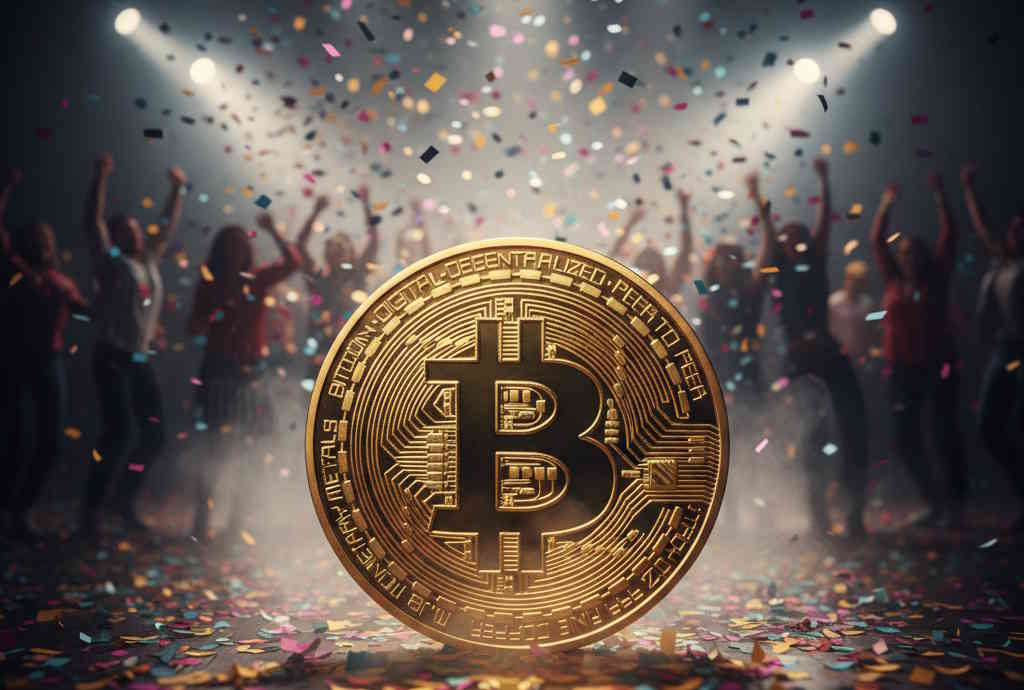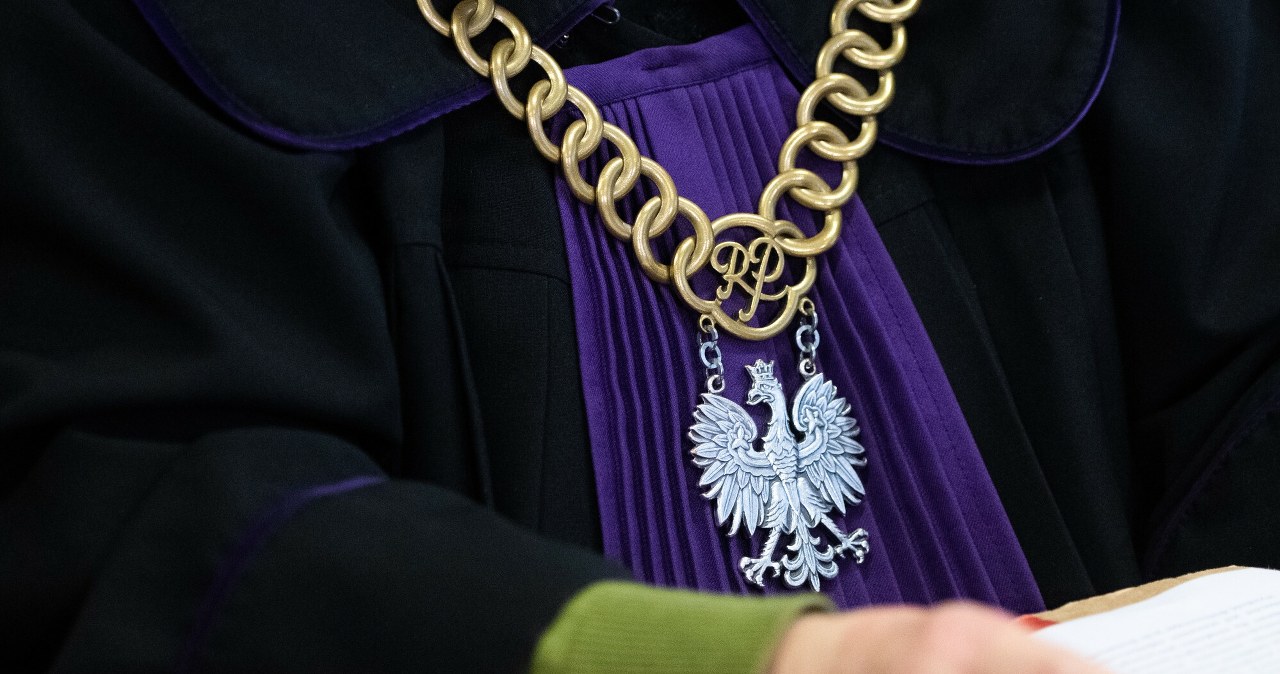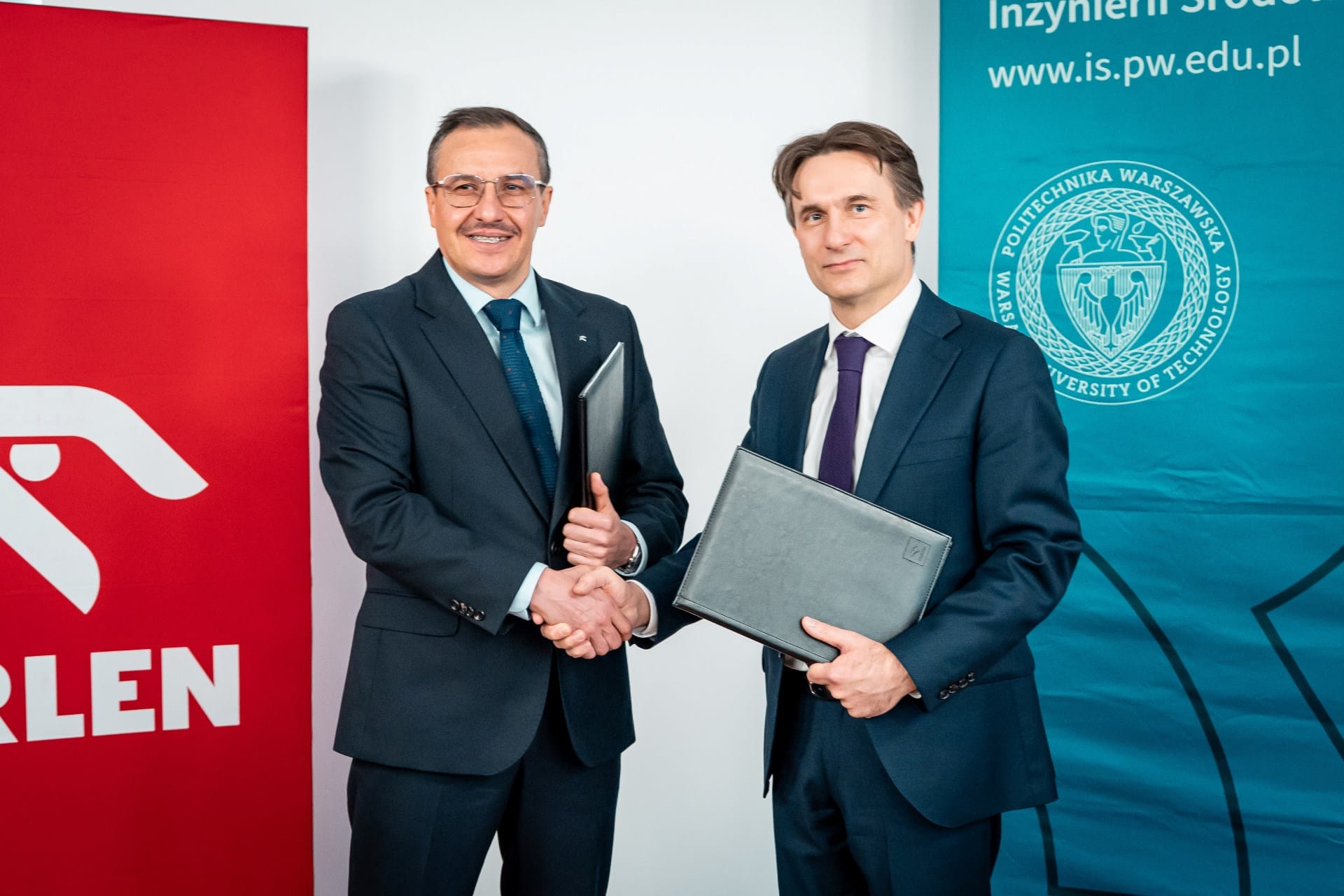Prof. Chantal Delsol
francuska filozof, dyrektora Ośrodka Studiów Europejskich na Uniwersytecie Marne la Vallée w Paryżu
French Philosopher, Head of the Hannah Arendt Research Institute at the Marne-la-Vallée University in Paris
In the European world of the 21st century, Christians no longer hold the power to set moral standards and dictate good conduct for states and individuals, as they did a century ago. Christianity represents the crucible of our origins, even if “Christian roots” have been rejected by European states in the throes of self-shaming. It permeates our ways of being and remains a kind of spirit of place, because it forged us. However, it no longer governs mores, and is playing the role of what it has become: a minority body – which is something new for it. So what role is it going to play, when it has been so accustomed, for 16 centuries, to being the master of value judgments and behavior?
After the revolutionary season of the 18th century, which was a spiritual and intellectual shock for European minds, Christianity valiantly withstood this great upheaval. In the 19th century, it produced a harvest of vocations and missionaries, while the bourgeois mind gradually drifted away from the faith of its ancestors. The irresistible spread of modernity took place despite Pius IX’s Syllabus of 1864, which rejected all modern ideas. Christianity appeared outdated and obsolete, and in the 20th century it produced a feverish, brilliant explosion of ideas aimed at “modernizing” it. This was done with the Vatican II Council in 1965 – too late? too open? debates are still going on about this, in an attempt to understand why the Council was followed by a collapse in Western religious practice, differing from country to country.
But my aim is not to describe “the anatomy of a fall”, to borrow the title of a famous recent film, nor to engage in religious sociology. I’d like to show how, over the past half-century of effervescence and anxiety, even panic, Christianity has been prey to its familiar demons. And why I believe that a Christianity freed from its demons will be a great help to our anxious contemporaries.
I’d like to talk about what I’ve seen. I studied philosophy at the University of Lyon fifty years ago. My family brought me up in a Christian environment. At university, everyone was a Marxist or Marxistizing in one way or another (Stalinist, Trotskyist, Situationist, Maoist…). In my milieu, a good number were Christian Marxists who said “we have to go some way with the Marxists”. They understood later (but you, in Poland, already knew this at the time, and I was an avid reader of your dissidents) that Marxism was a murderous utopia. Why were Christians drawn to it like flies to honey? Because Marx’s projects could resemble evangelical expectations: the reign of equality and realized morality. There’s often a fine line between the ideal and utopia. And that’s what I want to talk to you about here: I believe that if we can play a role as Christians, it is to seek out and describe this boundary between ideal and utopia.
It’s important to understand that the temptation to utopia is very strong for us, as we aspire to and await divine reign. The temptation to predict divine reign here on earth, or if you prefer, to turn hopes into programs, is very strong. Our entire history shows the extent to which we are lured and seduced by this process at every turn, from the ancient millenarianisms that have never ceased to return again and again. Jean Delumeau called this “nostalgia for the future”. After Isaiah’s prophecies of paradise, the posterity of Joachim de Flore (12th century) has never ceased to bear exalted and bitter fruit. Almost every century has seen the rise, sometimes in several different countries, of troops of galvanized, fanatical apostles, convinced that they can achieve the reign of perfect societies now or tomorrow morning. Hundreds of texts could be cited, the most recent of which are from today (for example, certain Pentecostal movements, or the work of Teilhard du Chardin).
Once Marxism has been abolished, we are in the process of falling back into this temptation.
Modernity wanted equality of conditions, so that all individual merits could develop. It reached its peak with communism, which believed it could build a “brighter tomorrow” by producing unconditional equality of position (“to each according to his needs”). As I’ve said, Christians sometimes let themselves be persuaded by this nonsense. But post-modernity, which dates back to the second half of the 20th century, is different. It no longer believes in “tomorrow’s dreams” and other millenarian reveries: it establishes paradise today, and in a compulsory way, through generalized normative equalization. It may have been called “post-modern inclusion” (like sociologist Philippe d’Iribarne), but I call it “humanitarianism”. It’s a thinly veiled reworking of the Gospel and Christian texts, but transcribing them to the letter and imposing their realization here and now. Paul’s text, “there is no longer male or female, Jew or Gentile”, becomes: genders no longer have any meaning and are interchangeable; original identities no longer have any meaning and must be forgotten in all cases. First and foremost, there is a moral will to take every difference into account with equal care, without prejudging talents or merits. In other words, the ontological dignity which, for a Christian, makes every human being, because loved by God, worth as much as any other, is immediately translated into equal advantages in society. It’s a desire to apply Christian morality to the letter and in this world, as if we were already, so to speak, in heaven. Take the example of an obese individual: according to Christianity, he’s as worthy as anyone else, ontologically, since he’s as much loved by God – so it’s asserted that he’s equal to others in every way, even disputing the health problems he may have as a result of his obesity.
But, and this is my point, the success of post-modern humanitarianism is immense among today’s Christians. They are succumbing to it in droves, just as they did half a century ago when they fell in with the Marxists. It’s likely that these 21st-century Christians, sorry to find themselves in the minority, believe they’ll find a new lease on life by adopting the post-modern theses that advocate evangelical equality achieved now. This appetite for what was to become today’s inclusion (or humanitarianism) can already be found a century ago in eminent texts (e.g. Bonhoeffer), and several authors from the early 20th century warned us against this drift (e.g. Scheler, Chesterton). Today, however, it is widespread: any differentiated treatment is discriminatory. Moreover, there is no longer any question of “converting”, since all cultures and all religions are equal in value, all equally bearers of salvation: in other words, equality extends not only to individuals, but to values, thereby annihilating the idea of truth. Truth is replaced by myths, so-called “narratives”. Many Christians fall into this error.
With the adoption of inclusive-humanitarianism and its capture by religion, some Christians feel not only that they are in line with modernity (which they are ashamed to have too often disdained), but above all, that they are finally faithful, and completely, to the message of Christ. It’s true that the Enlightenment in the age of globalism can lead us to believe that divine reign has been achieved: world government, general brotherhood without borders, the law of love through the suppression of murderous identities – as we see in Gaudium et Spes (Vatican II’s pastoral constitution). We are told that we are going to regenerate the world with pure children of God, or if you prefer, go for redemption without taking the incarnation into account.
This is where we go astray: forgetting the incarnation and the imperfect world – in other words, the utopian nature of this thinking. Here we are in post-Marxism, and once again in that all-too-common error that Charles Péguy described among Christians: “mysticism devoured by politics”.
We are not at all in a continuation of the Gospel, but in a continuation of millenarianism and anti-Christian ideologies. These utopias take on a new form at every moment, and they are reborn with 7 heads every time one is cut off, like the famous hydra. Their hold is all the greater because they are alone in the world since transcendence has been erased. Because only transcendence can confront them effectively. That’s where we come in.
This is the paradox of Christianity with regard to the utopias that devour us: it is always tempted to succumb to utopias because its ideal and its hope is a kingdom that is not of this world; and at the same time, it is precisely the only one capable of resisting them, because faith in the transcendent makes it understand what this incarnate world is, in comparison. The incarnate world, the one in which we live and from which we will not emerge until Salvation, must constantly come to terms with imperfect reality. This is why we differentiate between ontological equality in dignity, which makes each of us (even if ugly, disabled, stupid or wicked) a creature equal to others through God’s love for us; and human and social inequality, due to varying merits and abilities.
In the post-modern era, it’s extremely difficult not to succumb to utopias, because technology enables us to transform nature to our will, and we don’t know at what point harmful excess begins. Where does equality end? What differences should be preserved? Should we wish for, want and achieve indifferentiation between men and women, between cultures? Would this be an evangelical achievement?
This brings us to the question of “human nature”, or what I prefer to call the “human condition”. Heidegger said (in his Lettres sur l’humanisme) that man is “the shepherd of being”. By this he meant not a demiurge who creates being, but exactly the opposite of a demiurge: a poor shepherd destined to safeguard what is, to prevent being from being ransacked, denatured, violated. From this image, we could say that the Christian is the shepherd of being. He is obliged to be constantly on guard against the incarnate reality of the world, because he knows the distance between transcendence and worldly reality. He knows that he has been sent into this world “like a sheep among wolves” (Matthew 10:16). He knows that he is not in this world to transform it into paradise from the start – which would quickly turn it into hell – but to propose a conversion that will never end, for he is not a demiurge, but a gardener. As the “shepherd of being”, he protects all that lives and exists in this world, because he is not the great separator between wheat and chaff, but a simple and fervent gardener, an admirer and not a judge.
However, the question is more complicated: for we were not placed in the world to water it and watch it grow as it is, in wonder. We’re here to make it grow, and to transform it for the better. And that’s where the questions come in: how far can we go? To put it another way: our destiny is a paradox between rootedness and emancipation – how far can we defend the former, and how far can we deploy the latter? How can we accept this paradox without letting it explode in our hands?
Christians believe that there is a cosmic and anthropological order, a world order. For they see the human world as the creation of a rational author, a designer of laws. It is because Christians believe in a world constructed according to laws, that Christian civilization invented and developed science (cf Whitehead and Needham ask: why did Westerners invent and develop modern science, when these discoveries should have come from the Chinese, who had invented all techniques? and answer: because Westerners believed that the world had been created according to laws – it is the theological presupposition that enables the scientific spirit, says Whitehead). Christians believe in structuring laws that explain our reality. And for this reason, they can radically oppose the modern and post-modern axioms (Marxism, then inclusive thinking) that say “everything is possible and nothing is true”. Christians believe that not everything is possible, because the laws of reality (anthropological, for example) place limits on the human will to change. And they believe that there are universal, intangible truths represented by these laws.
This does not mean that Christians are in a position to describe these laws, to draw up a catalog of them so as to set their dictation in stone. Quite the contrary, in fact. And those Christians who imagine this (and there are many in the past and present) are sadly mistaken, and are destroying the very beliefs they seek to serve.
By this I mean that the role of Christians is only to question what we might call “natural law”. Not with the aim of finding a definitive answer to this question. No, but with the aim of constantly asking this question, at all times and in all situations. Because there is no answer to this question, because of the historicity of human existence, its fluidity, the diversity of cultures – there is no fixed, definitive answer, because we are always inscribed in a time and a space. You might say: “But why bother asking about something that has no answer? That’s exactly the point: we have to think about it all the time, because the balance of our lives depends on the temporary (imperfect, uncertain, debatable) answer we give to this question every day.
Christians can warn of the existence of a natural order against which the utopian will cannot go without breaking the very world it wants to restore. This is the vocation of Christians at a time of history stultified by ideologies and utopias: to name, in order to save, the contested reality. In the knowledge that reality, or human truth, is not our treasure or our possession, but a grail that always eludes us. And yet, the “natural order” resembles the kind of love that we need only seek to sense its flavor: he who seeks it is already a reasonable spirit who will not do just anything with reality. The problem with our contemporaries isn’t that they can’t find limits: it’s that they don’t look for them. They tend to assume that, as far as human beings are concerned, anything is possible, because there is no such thing as human truth.
In times marked by utopias due to a disordered and dislocated relationship with reality, Christians have an anthropological task. Over the last few centuries, and today too, the human being is an endangered species.

![Wierność, która rodzi przyszłość. Leon XIV opublikował list apostolski o kapłanach i ich tożsamości [DOKUMENT]](https://misyjne.pl/wp-content/uploads/2025/05/DSC_1715-1.jpg)
![Założyciele Spotkań Małżeńskich: formacja narzeczonych w Kościele potrzebuje pogłębienia [ROZMOWA]](https://misyjne.pl/wp-content/uploads/2021/05/pexels-katerina-holmes-5910982.jpg)




.webp)








